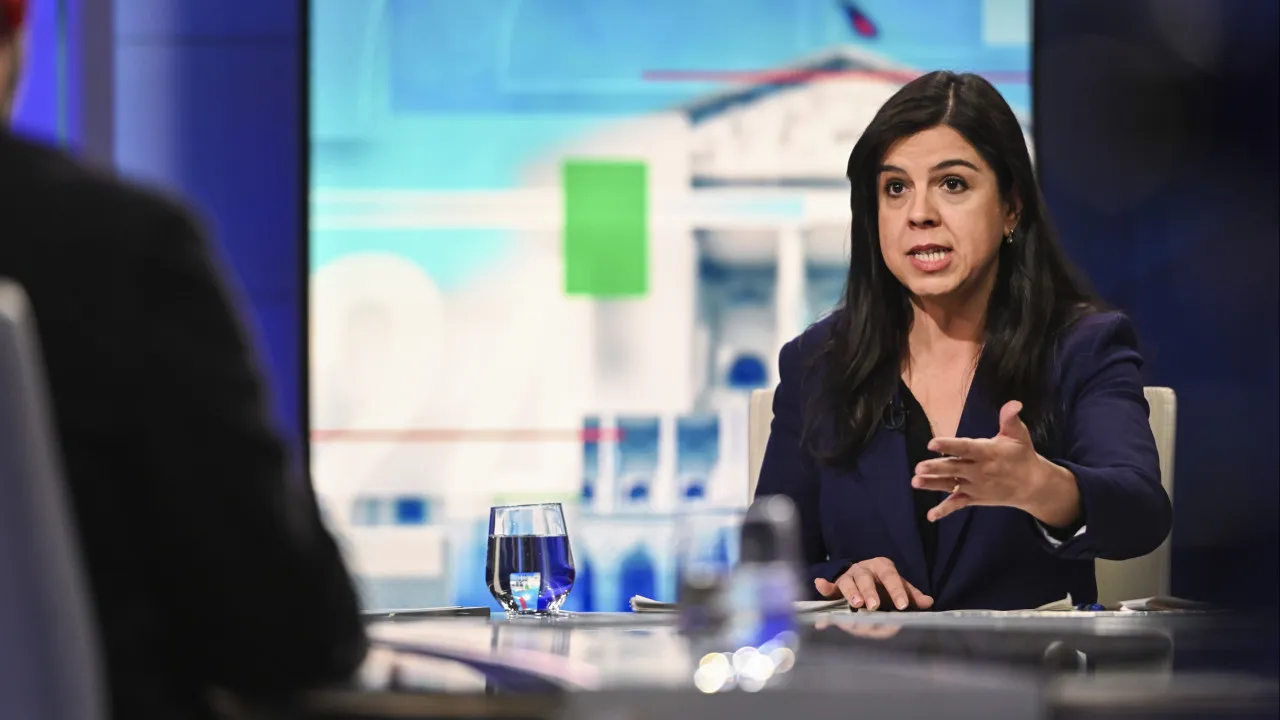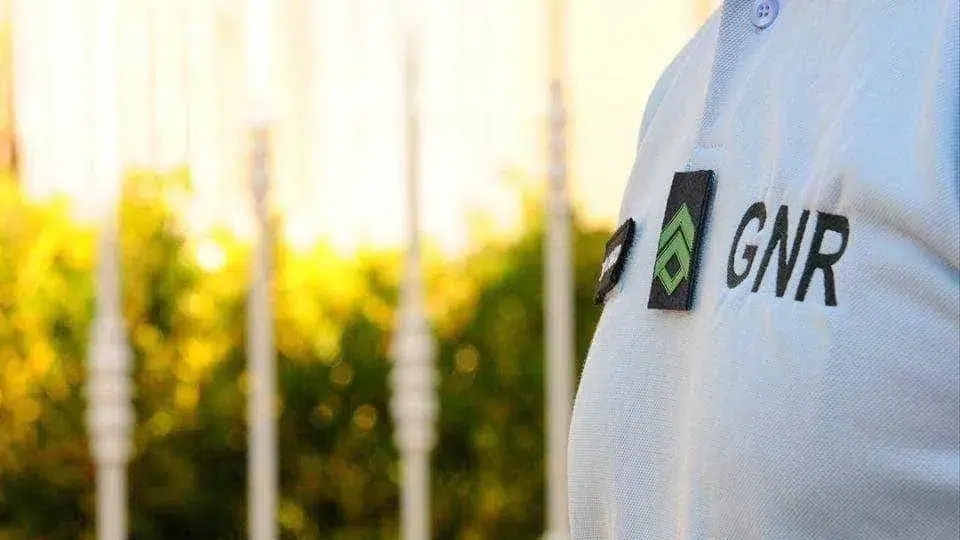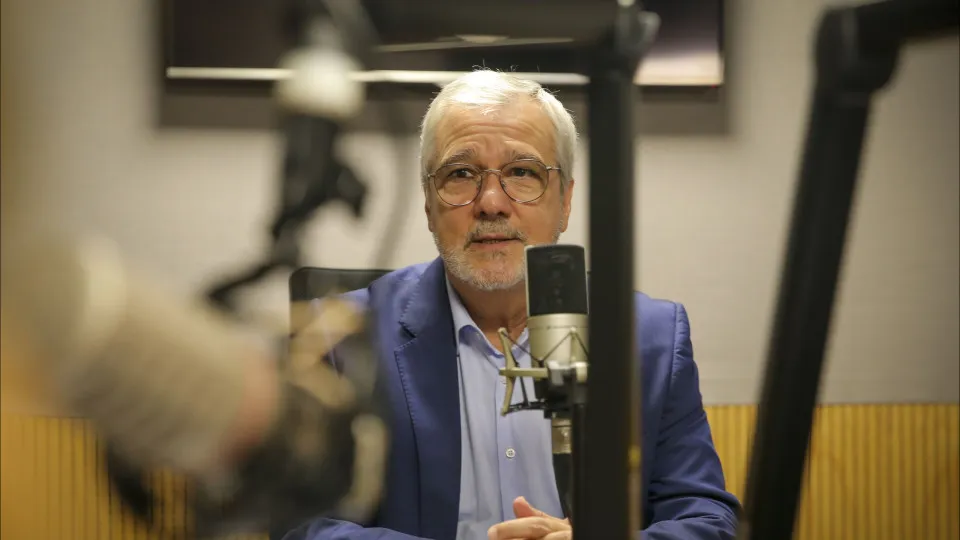
In a resolution proposal submitted to the Assembly of the Republic, a sole deputy advises the government to “immediately and temporarily suspend all exports of live animals to Israel and Lebanon until a safe situation for workers and animals is ensured.”
“Given the escalation of conflict in the region of Israel and the spread of hostilities to Lebanon,” it is “urgent that all live animal exports from the European Union to these areas be suspended until security can be guaranteed,” she argues.
Inês de Sousa Real stated that sending cattle and sheep from the European Union “to a war zone is, in this context, an unacceptable practice placing these animals at extreme risks, both of injury and death due to frequent attacks.”
“Exporting refrigerated meat is more environmentally friendly, as although there is higher consumption of fossil fuels in refrigeration chambers, containers, and vehicles, it is possible to transport a larger quantity of meat, thus reducing the level of carbon emissions per kilo, compared to the transport of live animals,” the deputy and spokesperson of PAN argues.
Inês de Sousa Real also submitted a bill to parliament to amend animal transport regulations and prohibit exports outside the European Union.
PAN wants, for example, that maritime transports lasting more than 24 hours be accompanied by veterinarians to provide assistance to the animals and to ensure that animal welfare is not “affected, or likely to be affected,” during the journey.
This project also aims for a ban commencing mid-month on “the export of live animals from Portugal to countries outside the European Union.” However, the initiative is yet to be scheduled for discussion and voting.
“The government should launch an information campaign and create a transitional incentive line to promote the export of carcasses instead of live animals and gather the necessary conditions” for the ban.




